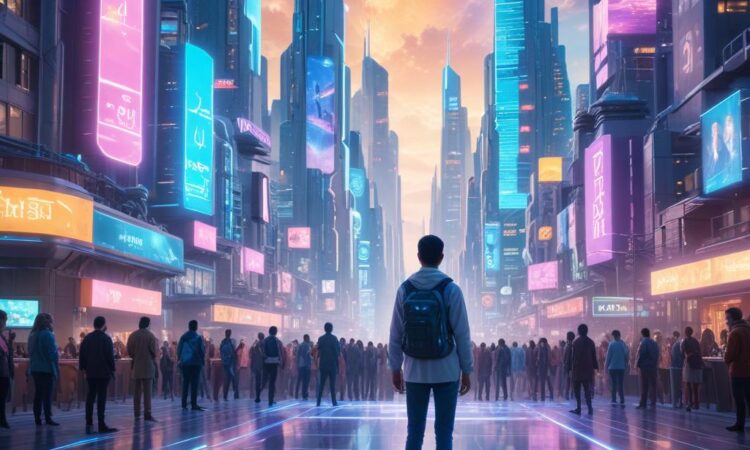The Impact of AI in Filmmaking
The growing use of AI in filmmaking, from scriptwriting to visual effects, has raised ethical and artistic concerns about its potential role in the creative process.
The Rise of AI in Filmmaking
Artificial intelligence (AI) is rapidly transforming the filmmaking industry, automating tasks and offering new creative possibilities. Here are some key areas where AI is making its mark:
Scriptwriting
AI tools can analyze vast amounts of data, including existing scripts and popular film trends, to generate story ideas, character arcs, and dialogue. While these tools can assist writers in overcoming writer’s block and exploring new narrative possibilities, they also raise concerns about originality and the potential for homogenization in storytelling.
Visual Effects
AI is revolutionizing visual effects, automating tasks like object removal, background replacement, and character animation. AI-powered tools can create realistic and intricate visual effects, saving time and resources for filmmakers. However, there are concerns about the potential displacement of human artists and the reliance on AI for visual creativity.
Editing and Post-Production
AI algorithms can analyze footage to identify key scenes, suggest edits, and even color grade films. These tools can streamline the editing process, but they also raise questions about artistic control and the potential for sacrificing creative vision for efficiency.
Music Composition
AI can generate original music scores that fit the mood and tone of a film. While this can be helpful for filmmakers struggling to find the right music, it also raises concerns about the originality and emotional impact of AI-generated music.
Ethical Considerations
The increasing use of AI in filmmaking raises a number of ethical questions:
Copyright and Ownership
Who owns the copyright to AI-generated content, such as scripts or music? Is it the developer of the AI tool or the person who used the tool to create the content? This is a complex legal issue with no easy answers.
Job Displacement
The automation of tasks by AI raises concerns about job displacement in the filmmaking industry. Will AI replace human artists and technicians? This is a serious concern that requires careful consideration.
Bias and Discrimination
AI algorithms are trained on vast amounts of data, and this data can contain biases that reflect societal prejudices. This can result in AI-generated content that perpetuates harmful stereotypes or discriminates against certain groups of people.
Creativity and Originality
Can AI truly be creative? Or is it simply replicating patterns from existing data? This is a philosophical question that has no easy answers. The concern is that AI might stifle originality and lead to a homogenization of creative output.
The Future of AI in Filmmaking
AI is likely to play an increasingly important role in filmmaking in the years to come. The technology continues to evolve rapidly, and new applications for AI in film are being developed all the time. It is important to engage in ongoing conversations about the ethical and artistic implications of AI in filmmaking to ensure that technology is used responsibly and creatively.
Balancing AI and Human Creativity
The key is to find a balance between leveraging the power of AI and preserving the role of human creativity in filmmaking. AI can be a valuable tool for filmmakers, but it should not replace the artistry and vision of human creators. The future of filmmaking lies in harnessing the potential of AI while respecting the unique contributions of human talent.
Conclusion
The impact of AI on filmmaking is undeniable. While AI offers exciting possibilities for innovation and efficiency, it also raises ethical and artistic concerns that need to be addressed. By engaging in ongoing dialogue and finding creative solutions, the film industry can embrace AI as a valuable tool while preserving the essential role of human creativity and artistry.

